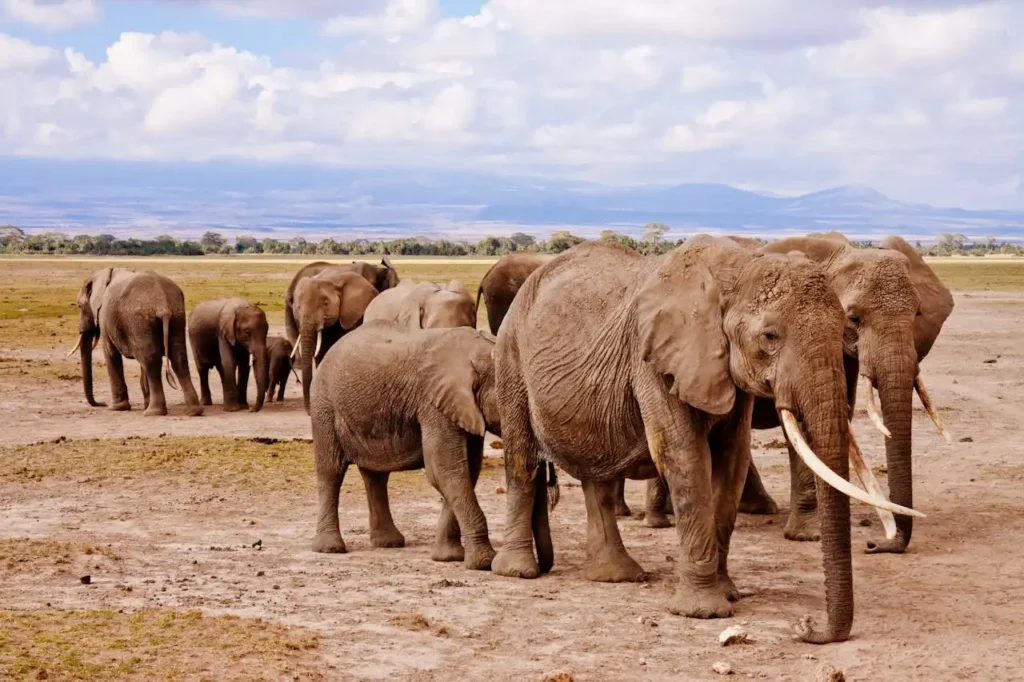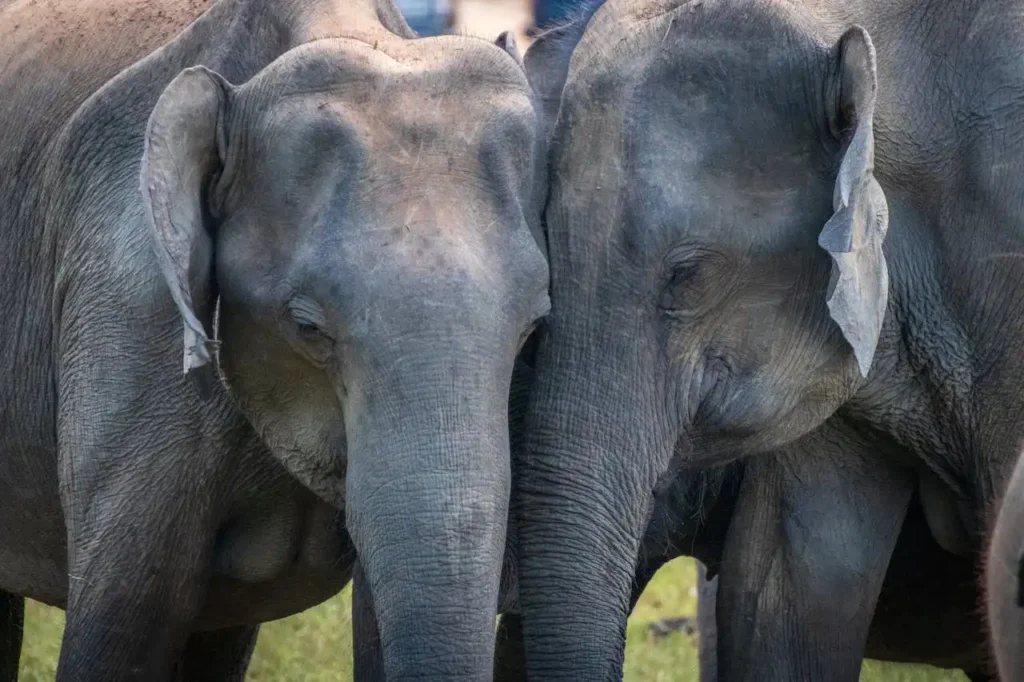A new study conducted over four years hints at how elephants communicate with each other.
In a recent study, scientists disclosed how elephants communicate with each another using names, exactly like people.
This study was led by a team of researchers from Colorado State University (CSU), Save the Elephants, and ElephantVoices.
If the research is to be believed then, elephants are the only non-human animals that call out and address each other with names, just like humans.
Like humans, elephants live in herds and are known to be highly sociable creatures.
Due to complex societal structure, the massive beasts raise their children together, grieve, and can even communicate over long distances through low-frequency sound waves inaudible to human ears.

SIMILAR: Meet Lala, a king penguin from Japan who goes grocery shopping everyday!
The usage of names felt logical, but researchers needed proof, so they used machine learning to figure out how elephants addressed each other.
As per the CSU reports, the study began by simply observing the giant mammals in Kenya. Researchers found that when the matriarch of an elephant herd gave a certain sound, all of the elephants came to her.
However, in some cases, a similar sound would only attract one elephant. The difference in sounds led the experts to believe that elephants may be calling out names.

To test this, they used machine learning to understand differences between the call sound meant for the entire herd and the one meant for a specific animal.
When the researchers recorded and replayed these calls, they noticed that elephants responded to their “names,” by calling back or going towards the speaker.
Calls to other elephants got lesser responses, which means that elephants understand and respond to individual names.
Using names in communication is known as “arbitrary communication,” which means a name doesn’t need to sound like the thing it represents.
A CSU professor, George Wittemyer, explained that using arbitrary noises means they are smart, and humans and elephants gained this skill due to the complicated societies they both live in, and this study explains how these abilities were developed.

Another CSU scientist, Kurt Fristrup, also said that elephants don’t just copy noises, their calls are unique for each animal and it can be identified by the individual being called.
According to this theory, elephants might use different sounds or labels for other things. This information could help reduce cases of human-animal conflict.
Elephants and humans often come into contact, sometimes leading to crop damage. If we knew their names, we could tell them to stay away and reduce friction between the two.
The study also shows the wide range and complexity of elephant communication to include a variety of sounds, from trumpeting to deep rumbles.
This research also revealed that elephants can convey information such as identity, age, and emotional state, even from vast distances, to coordinate movements with each other.
The four-year study of 101 elephants involving 470 different sounds in Kenya gave researchers enough information to conclude the name-calling discovery.
Although, we still cannot have complete conversations with the giant mammals, this study is the first step in that direction.
Understanding how the massive beasts communicate can help in protecting them, because their habitats are declining and they are at a high risk of poaching.
Scientists want to know if elephants use names for other things like food or locations in the future.
Elephants are not only highly social but also intelligent animals, and the study proves this with their name-calling ability.

